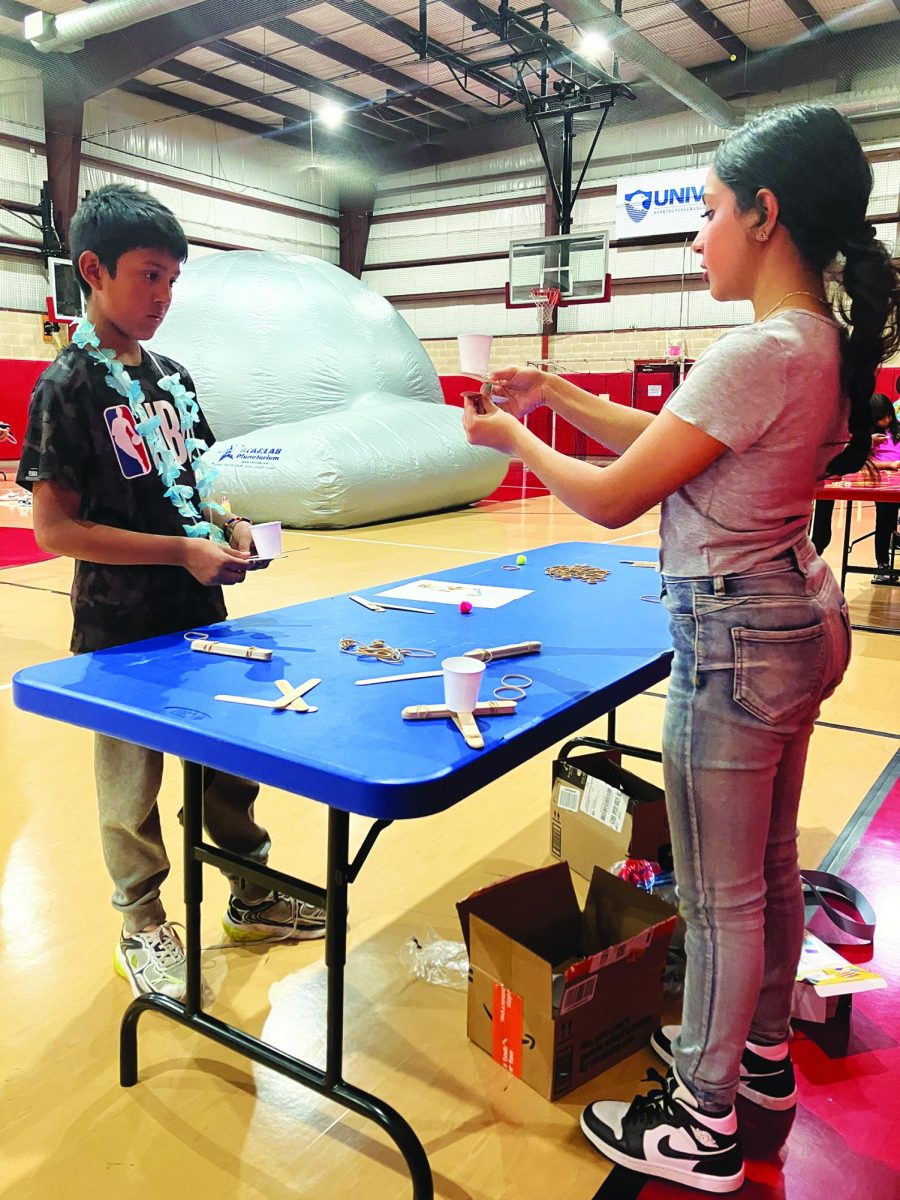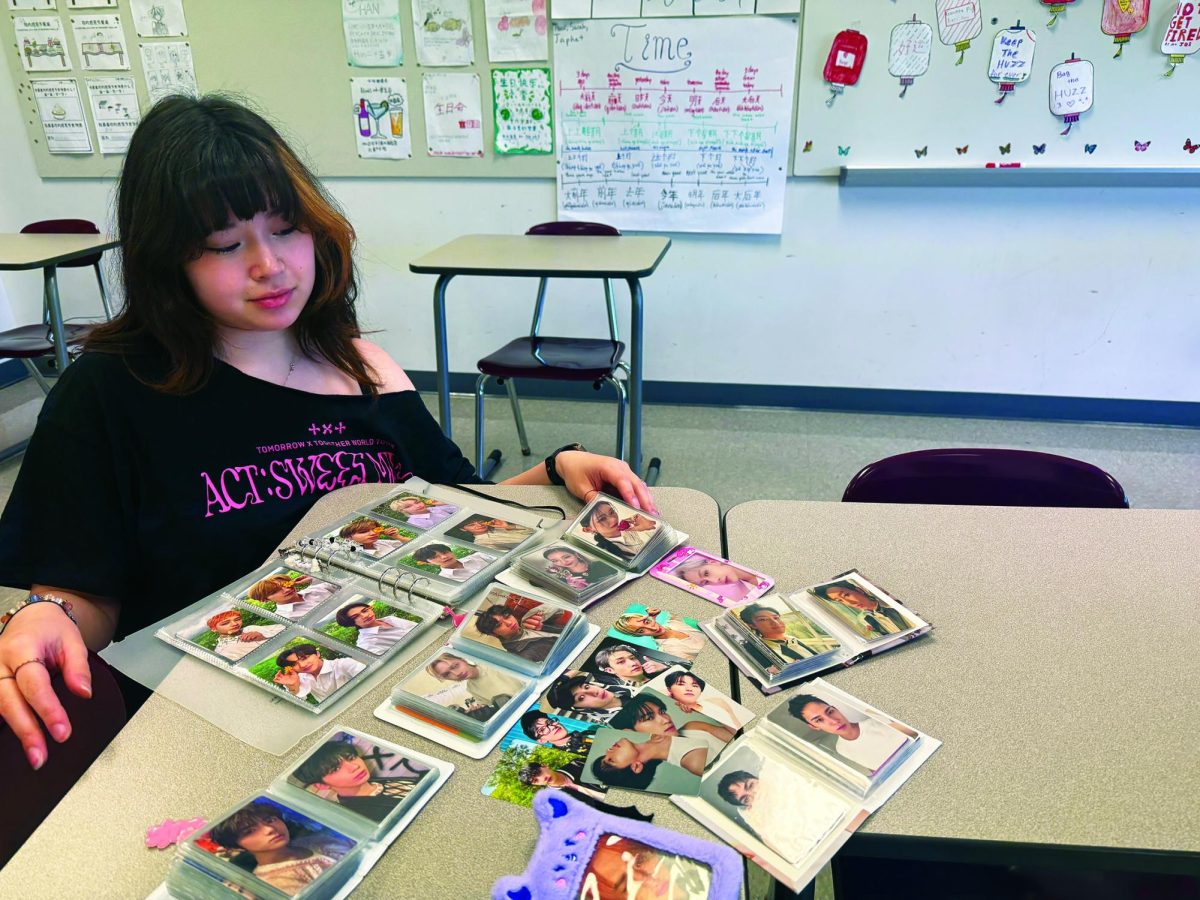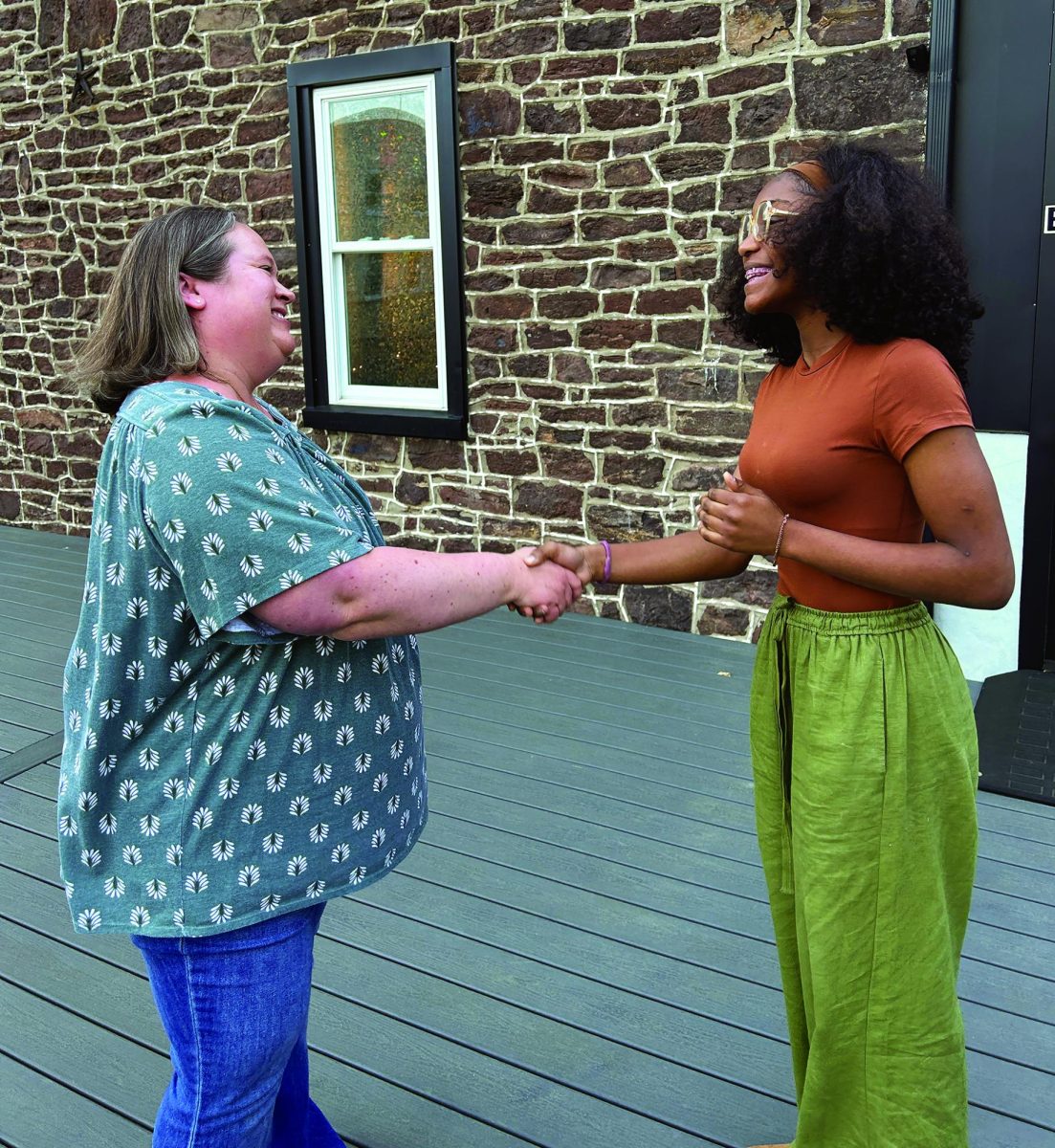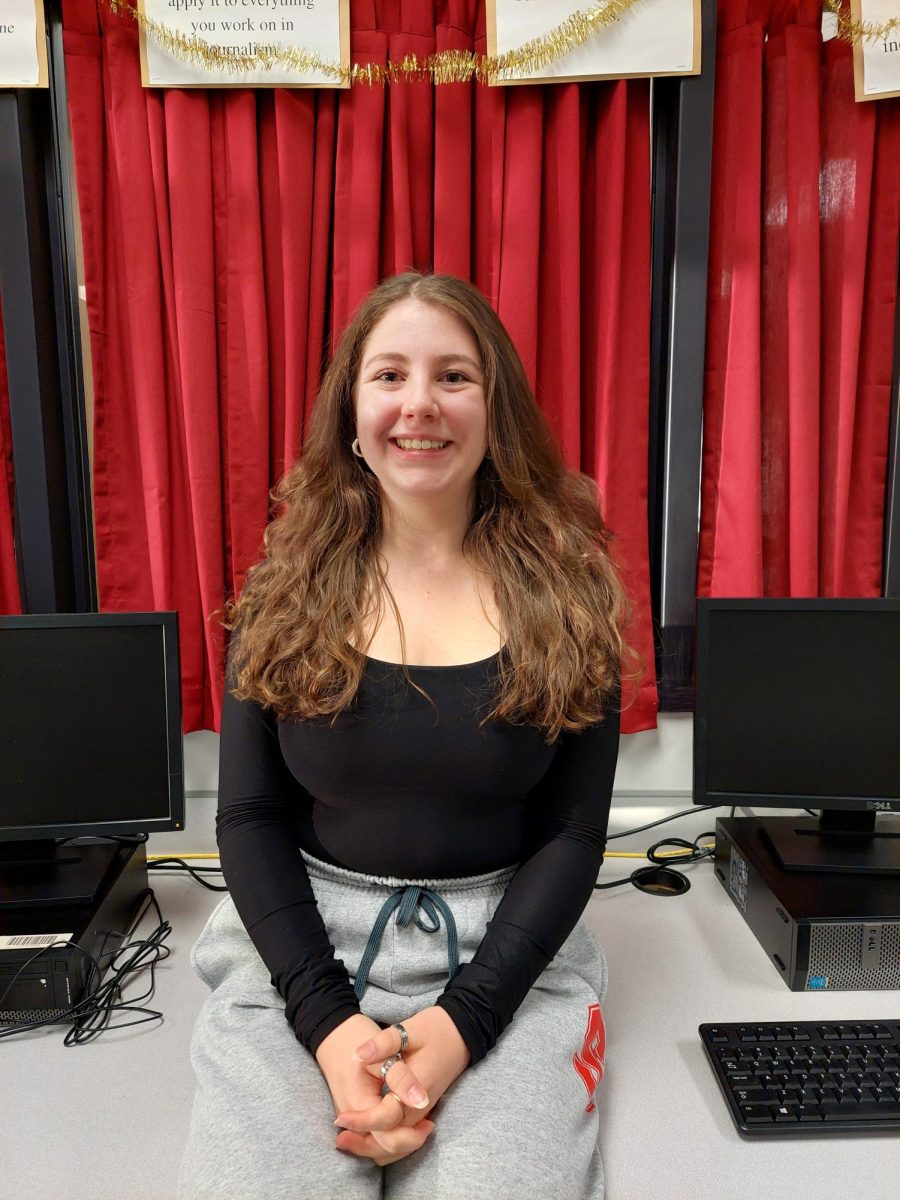Through field trips and interactive participation, students gain a deeper understanding of topics and a higher quality of education.
According to NEA Member Benefits, field trips and hands-on learning experiences have a “positive, lasting impact” on the educational journey, leaving impressions that often extend well beyond the school years.
These experiences enable students to immerse themselves in real-world applications of their lessons, offering context and depth that can be difficult to replicate within the confines of a classroom.
According to sophomore Liam Neubert, field trips “definitely heighten the class’s experience.”
“I feel like I’m really understanding the lessons when I get to see it in front of me,” Neubert said.
Moreover, this shift in environment not only adds to the appeal of such activities but also plays a significant role in supporting students’ mental well-being.
Being in a new and different setting can alleviate stress, enhance focus and reignite excitement for learning.
“I think in general, people enjoy getting outside the walls of the building,” wellness teacher Mike Bergey said. “I know teachers enjoy when they get to take classes on field trips just as much as kids enjoy it, because it gets you outside in a different environment.”
From a student’s perspective, field trips can provide a refreshing and enjoyable change from the everyday classroom routine.
They offer a unique opportunity to step outside the confines of the school building and explore new environments, which can be both educational and exciting.
“I think they boost classroom morale because it’s a really nice feeling to be able to leave the classroom and building and have a day off with your classmates,” senior Jaden Nguyen said.
For sophomore Micah Perry, field trips provide students with opportunities to apply what they learn in school in a real-world context.
“I had never been there myself, and getting to go with friends where we met people and got to speak to them in Mandarin helped with the class,” Perry said. ”It gave us an example of how the language would be used for us in the future.”
This experience allowed the class to immerse themselves in the language and culture they were studying.
This made their lessons more interactive and practical.
Moreover, field trips make learning easier for those who lean towards different learning styles.
“ I feel like [field trips] could work for all sorts of learners, you get to do things hands on, you get to listen to people, you watch things happen and more,” Perry said. “Personally, I’m a very hands-on learner, so these trips help me to understand topics just a bit better.”
Field trips have lasting effects, better student experience
Creating a healthy change of scenery, field trips are enjoyable for both students and teachers. They good for mental well-being and bettering the value of education.
0
More to Discover
About the Contributor
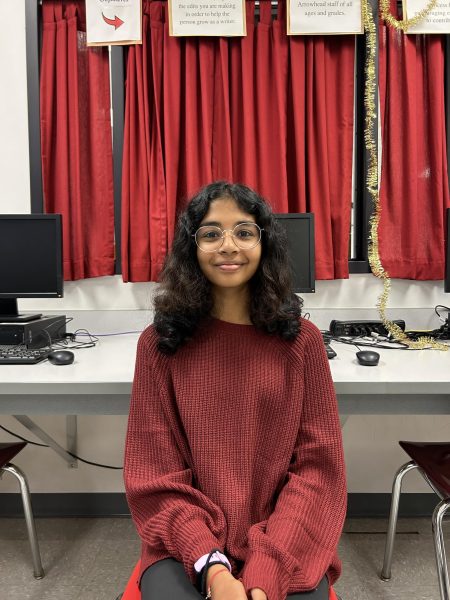
Keya Dahale, Copy Editor


